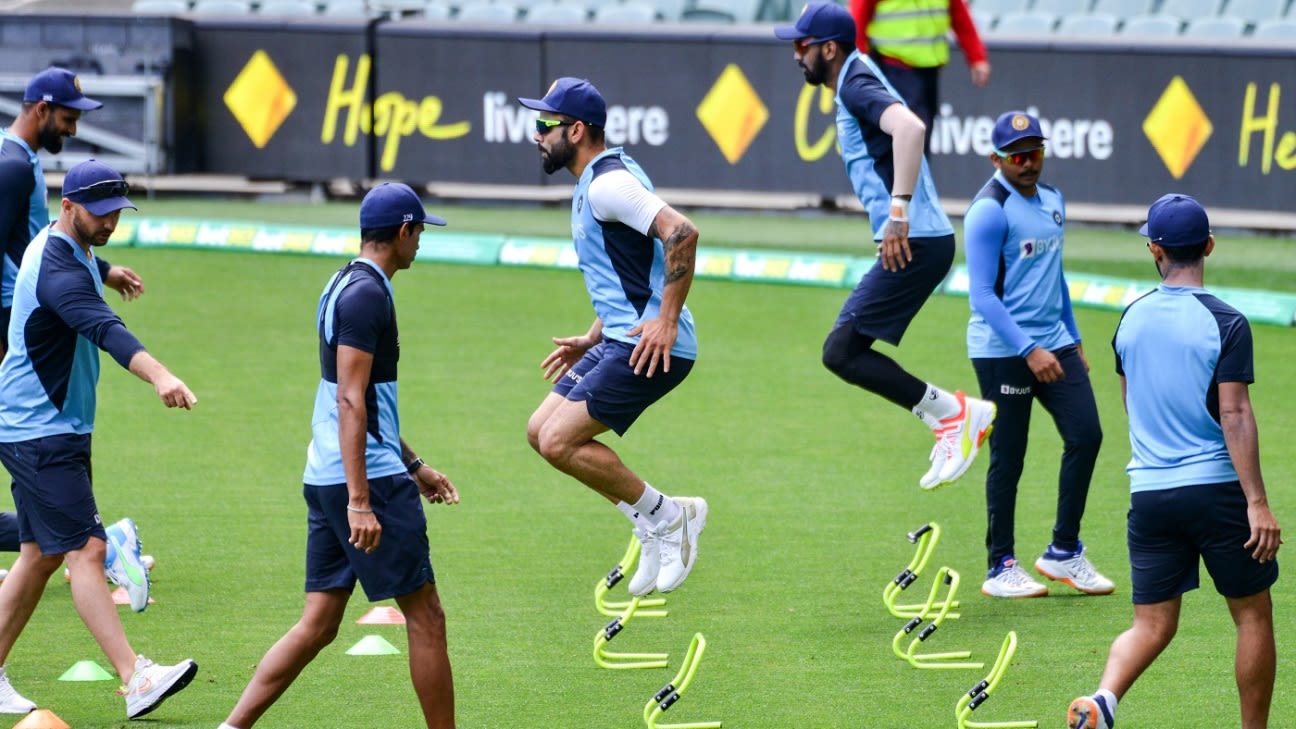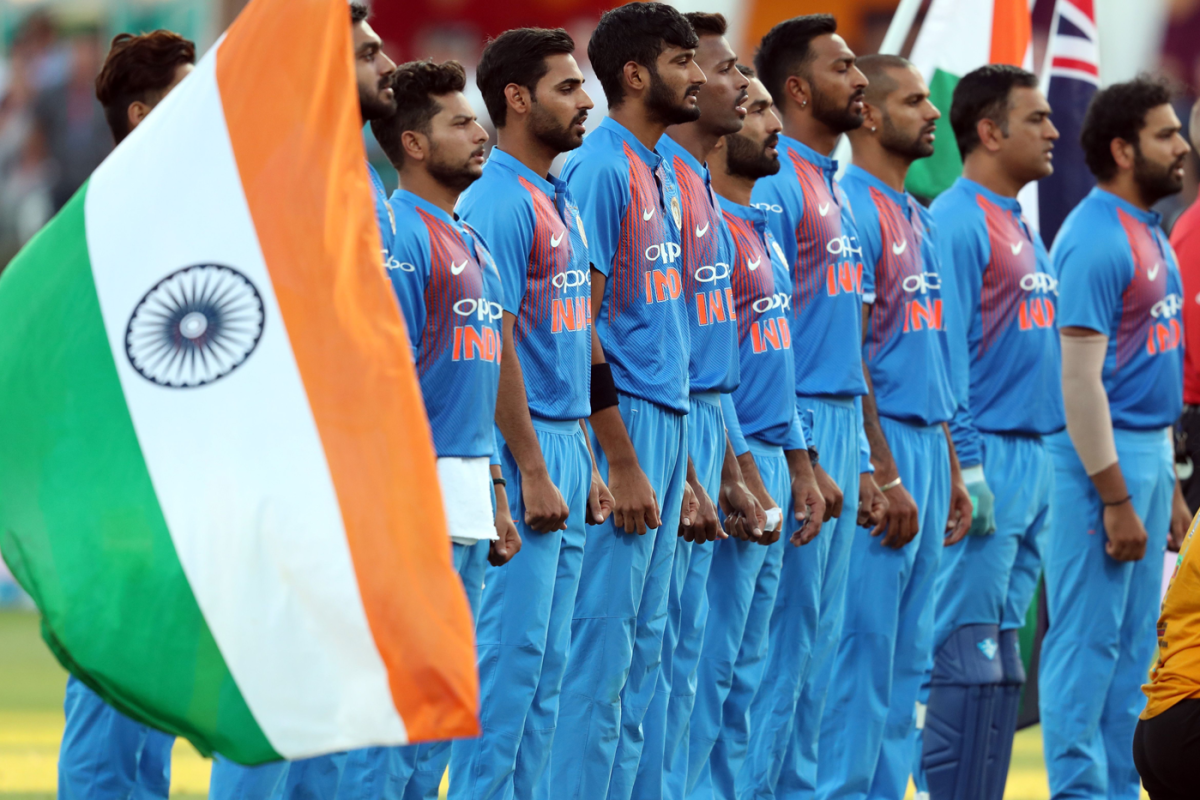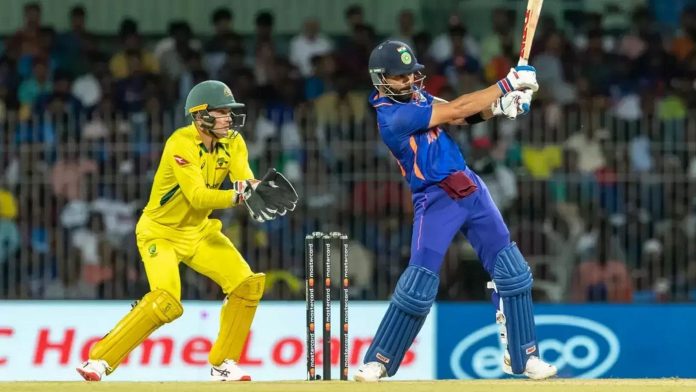- One of the most often-heard words in the cricket parlance of late is workload management, which finds wide resonation quite predictably among those associated with the sport. Those who have grown up admiring sports from a very young age must be wondering what is so big deal about workload management when advancements in the game have undergone tremendous changes keeping in line with the alterations witnessed. Cricket has become competitive, fitness-oriented, with emphasis on furthering skills based on technology, and more attacking as compared to the dour Test matches of yore. The introduction of 50-over white-ball cricket transformed the way the game used to be played. The advent of T20 cricket has helped further evolve.

PC:ESPNcricinfo
- Let’s come back to the subject matter to comprehend why workload management is being bandied about by those closely associated with sports. Of course, compared to a couple of decades back, the players are expected to participate in three formats of the game rather than one. Not so long back, Test cricket and first-class matches were the norm, and this was before the advent of shorter and shortest formats. Undeniably, T20 cricket is proving to be not only lucrative with scores of sponsors prepared to pitch unheard-of money into the game but also allowing the players an extremely attractive career option to excel. Little wonder, cricket is so hugely popular in India with a jaw-dropping following across the length and breadth of the country and beyond.

PC:Zee Business
- Cricket is being played around the year with separate windows provisioned for the cash-rich T20 leagues. Renowned world-class cricketers love to ply their skills in these leagues which provides them handsome monetary returns. So much so that a few players have announced retirement or refused central contracts from their respective boards to play in T20 leagues rather than Tests. Can’t blame them though. What makes it interesting is when some of the all-format players cite workload management while making requests to opt out of certain bilateral series, mostly low-key contests. Needless to mention, how far is this acceptable without affecting the standing of the team’s fortunes must be considered by the respective selectors and the board officials.

PC:ESPNcricinfo
- The moot point to ponder over here is how much workload is too much for a player to take umbrage under the same to pick and choose to play for the country. Ask any yesteryear legendary cricketers, and all of them will voice in unison that the more you play the better it will be for cricket fitness. The more overs under your belt only makes you match-fit to produce the best results. Some of the marquee Indian cricketers would prefer to skip national duties but would never even entertain the thought of skipping T20 leagues. Why? Simply because of the huge fees available in the franchise-based leagues ensure the players are available to participate even though they may not feel the same by opting to skip other formats. What about workload management? Forget it.






